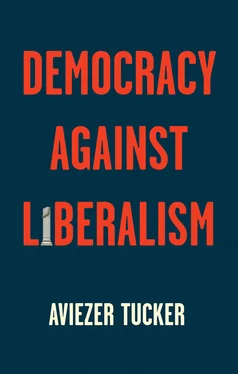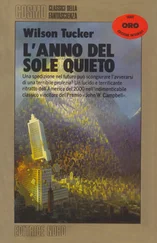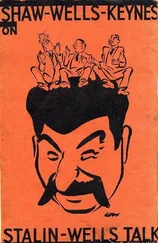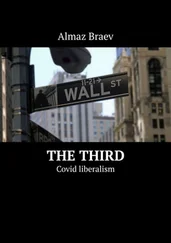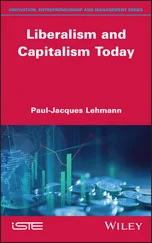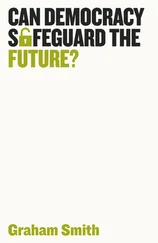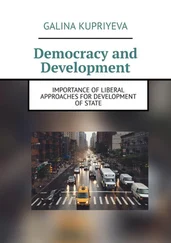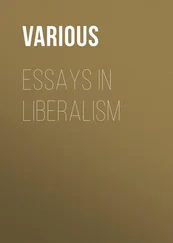For further information on Polity, visit our website: politybooks.com
1 What’s Your Problem? Illiberalism, Populism, Authoritarianism
We have been living in interesting times recently, as the apocryphal Chinese curse goes. A political apocalypse seems to follow a cascade of calamities, rolling waves of economic recessions and downturns, social discontents, and political upheavals that have reinforced each other since 2008. This “return of history” threatens to replace liberal democracy with illiberal populism.
Populist neo-illiberalism has generated engaged interest and earnest confusion in equal measures. The verb “to happen,” especially in the indefinite passive voice has become the key political verb. Politicians, commentators, and social scientists reacted as if a meteor had stricken the political planet. Nobody quite understood what hit them. Nobody was responsible, but everybody has become anxious. A telling example is Hillary Clinton’s electoral self-postmortem autopsy, entitled What Happened? Madeleine Albright in a book entitled Fascism: A Warning (2018) replied: “Trump happened.” Things happen, unfortunate events “befall,” when there is no agency and no responsibility. Denial of responsibility assumes historical inevitability; it happened because it had to happen and nothing anybody could have done would have changed that. Alternatively, at the cost of accepting responsibility, it is possible to regain agency and accept that things could have been different, history could have taken a different course, had some people made better choices.
The current reversal in the fortunes of liberalism, the onset of populist-driven neo-illiberalism that gradually deconstructs institutional checks and balances has taken place in a dazzlingly broad scope of countries of entirely different histories and political cultures. It started in weakly liberal post-totalitarian democracies when populist illiberals won democratic elections in Hungary and Poland, and proceeded gradually to dismantle feeble liberal institutions. In Hungary, illiberalism progressed sufficiently to subvert free and fair elections and establish an authoritarian, illiberal, populist regime with unfair elections, where gerrymandered districting is designed to transmute a large minority or a small majority of the votes into an absolute special majority in the parliament that can revise the constitution at will, change the rules of the political game as it proceeds to guarantee the winner. The coronavirus pandemic crisis seems to have given the regime the final excuse to give even democracy the coup-de-gr â ce to become fully authoritarian.
Over the same period, Netanyahu’s Likud government in Israel, a country with much older, stronger, and better entrenched liberal institutions, has become increasingly illiberal, attacking and attempting to take over the judiciary, the media, the civil service, educated elites, independent artists, and the Ombudsman, while attempting with decreasing success to suppress the votes of Israeli Arabs. In 2016, it became obvious that populist-illiberalism is not confined to Europe’s Eastern and Southern margins, when Donald Trump won the US presidential elections in one of the oldest continuously existing liberal democracies, and proceeded to attack the ultra-strong and well-entrenched US liberal institutions, the judiciary, the security services, the media, the Central Bank, and so on, while attempting to dismantle checks and balances within the administration and to by-pass the legislative branch of government.
Populist neo-illiberal parties have not only entered parliaments, but also coalition governments in Europe, a phenomenon that used to be confined to post-Nazi Austria. India, the largest democracy that maintained many liberal institutions in the British tradition has also turned illiberal, following the election of the Bharatiya Janata Party (BJP). It attempts to disenfranchise and perhaps even deport some of its 200 million Moslem citizens through a new citizenship law. Finally, Brazil, a post-authoritarian country, also seems to have gone down the populist neo-illiberal path, with the 2019 election of Bolsonaro as president. This puzzling apparent absence of historical path dependency calls for an explanation.
Some pundits with professional or amateur interest in political theory have dusted off old, off the shelf concepts, and searched the inventories of political history for more or less appropriate analogies. Others floated new fuzzy conceptual balloons that quickly deflated from over-inflation. Other conceptual lead balloons were so overloaded with complex details that they failed to lift off the ground with more than a single example.
Conceptual “family” relations proved dysfunctional: Some authoritarian regimes are illiberal, and some illiberals are populist, and so it is possible to generate a concept of all three and call it either populist, or illiberal, or authoritarian. But political history is long and complex. Some authoritarian regimes were liberal. Even more disorienting are democratic regimes that were populist and liberal, not to mention democracies that were sometimes technocratic and illiberal. Political conceptualization by free association creates unmanageable amalgamations of historically contingent concepts. It is too easy to slide from populism to illiberalism and then to authoritarianism, not just politically, but also conceptually.
The problem is not in the political stars but in ourselves, in the expectation that the political world would align itself neatly in binary choices between good and evil, democracy and authoritarianism, liberalism and illiberalism, and the equally simplistic expectation that all the good and bad types should neatly align themselves on the same side: liberal democracy against illiberal populist authoritarians. As Mounk (2018) noted, political understanding should commence with the realization that the coupling of liberalism and democracy was a historical coincidence. Liberalism and democracy are quite independent of each other, though we have come to call the liberal–democratic coincidence, simply democracy (Sartori 1987).
A good-versus-evil Manichean, binary and unidimensional, political worldview has been reinforced since the end of the Second World War, through the Cold War. It divided the world between the democratic liberal light and the authoritarian forces of darkness. Light won over darkness in 1989–1991, and that was supposed to be the end. Liberal democracy should have been the curtain call of history. But political regimes have been multi-dimensional. Their differences are discrete yet continuous. The world is full of shades of grey, though some shades of grey are considerably closer to black or white than others.
President Trump is exceedingly adept at getting under the skin of people who dislike him, to become the center of attention. Too many scholars are happy to oblige. Many books in the democratic apocalypse genre, especially those originating from the United States, are obsessed with understanding “Trump” and how anybody could have voted for him. I try a different approach, I want to understand neo-illiberalism by “decentering” Trump from a historical comparative perspective, to pigeonhole him and his ilk in their proper comparative political-historical contexts.
This book understands and explains neo-illiberal democracy theoretically and historically. It distinguishes the contemporary episode of illiberal democracy from its previous historical incarnations. The book examines the possible causes of neo-illiberal democracy and predicts its instability. I argue that the political travails of the second decade of the twenty-first century were evitable. Finally, I propose new policies to preempt comparable crises of populist illiberalism in the future by preempting political passions, strengthening institutions, and tinkering with a few political mechanisms. If successful, these measures will result in new liberalism without nostalgia
Читать дальше
